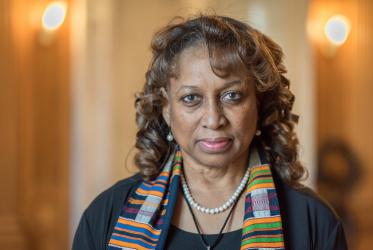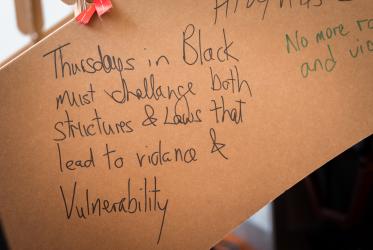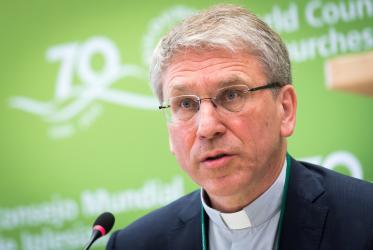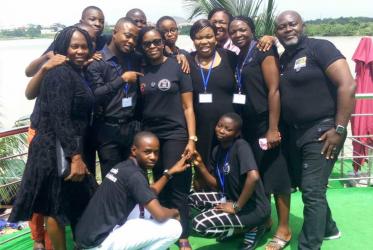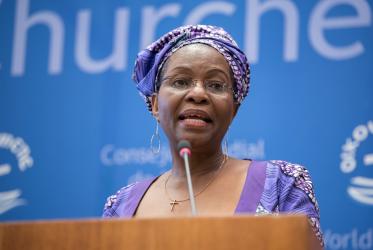Displaying 1 - 20 of 29
WCC condemns attack at Hanukkah celebration in New York City
29 December 2019
South Africans draw hope despite recurring challenges
16 December 2019
Youth leaders: “We will stop at nothing” to end HIV and violence
17 October 2019
When you strike the women, you strike a rock
18 September 2019
Tveit in DRC: “Making peace is holy work”
19 August 2018
WCC “Pilgrim Team” to visit South Sudan
30 April 2018
Walking together against hatred and violence
26 February 2018
"We have our work cut out for us"
10 August 2017





